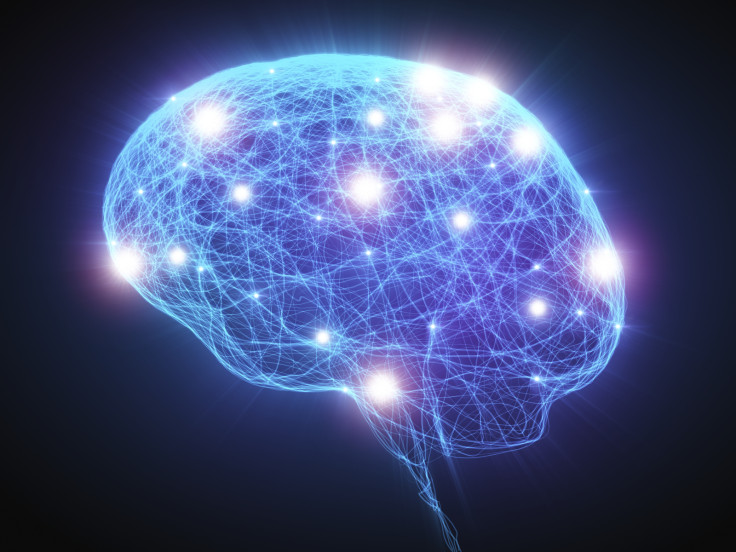The secret to being smart isn't about remembering facts – it's about forgetting them
The brain has to work really hard to forget.

The cleverest people are often pictured as having near-perfect recall – like Sherlock Holmes or Rain Man. But the human brain actually gains its power from being able to clear out all those details.
The whole point of memory is not to remember everything perfectly, but to select and preserve only the most valuable information, efficiently clearing out the rest.
"It's important that the brain forgets irrelevant details and instead focuses on the stuff that's going to help make decisions in the real world," said Blake Richards of the Canadian Institute for Advanced Research (CIFAR) and the University of Toronto, author of a review on how we forget published in the journal Neuron.
The brain has separate mechanisms for active remembering and active forgetting. It forgets in several ways, involving both the destruction and creation of neural connections.
One way the brain clears out unnecessary information is to weaken or break connections entirely between memory neurons. This means that they cannot transmit information to one another, and so the memory is lost.
Another way our brains forget is by creating new neurons. As brain cells are born in the brain, they join with others and change their interactions with existing brain cells. This constant remodelling of the brain – particularly in the hippocampus, the centre of memory – can clear out old memories, making way for new.
"We find plenty of evidence from recent research that there are mechanisms that promote memory loss, and that these are distinct from those involved in storing information," said Paul Frankland, also of CIFAR and the University of Toronto and a study author.
The conclusion of the review of the growing body of the science of forgetting is that being unable to recall a fact is in fact a sign of active processes in the brain. It's possible that understanding these processes could help us make teaching and learning more efficient, by devising ways to 'trick' the brain out of forgetting.
But for now, the message is that being able to forget is one of the keys to human intelligence. In moderation, it's a sign of a healthy functioning brain.
"If you're trying to navigate the world and your brain is constantly bringing up multiple conflicting memories, that makes it harder for you to make an informed decision," said Richards.

© Copyright IBTimes 2025. All rights reserved.






















